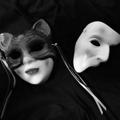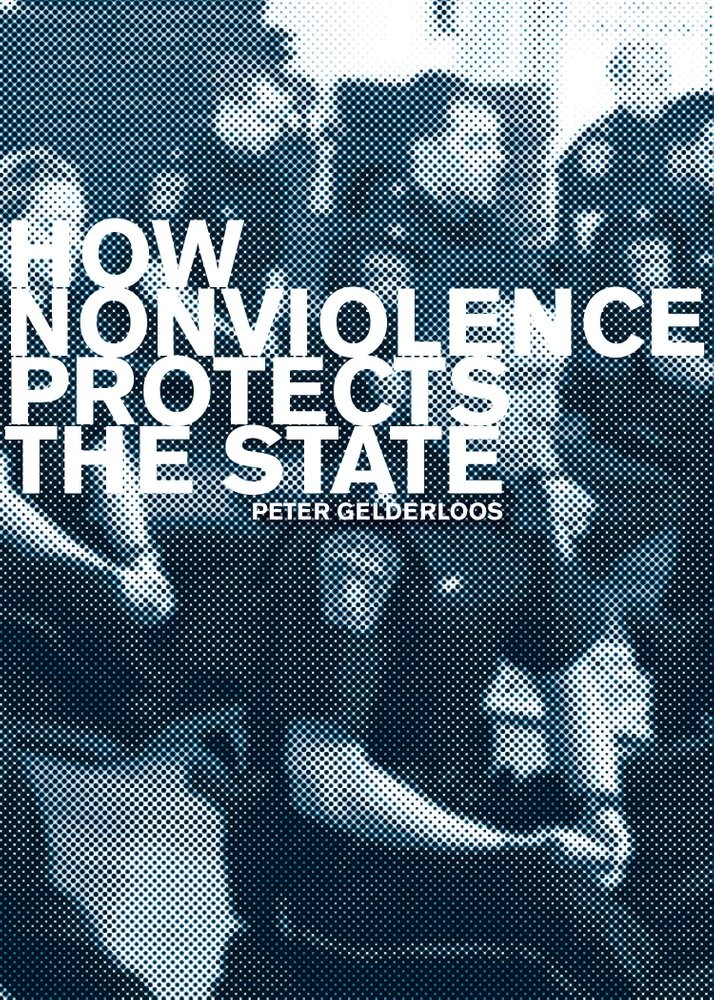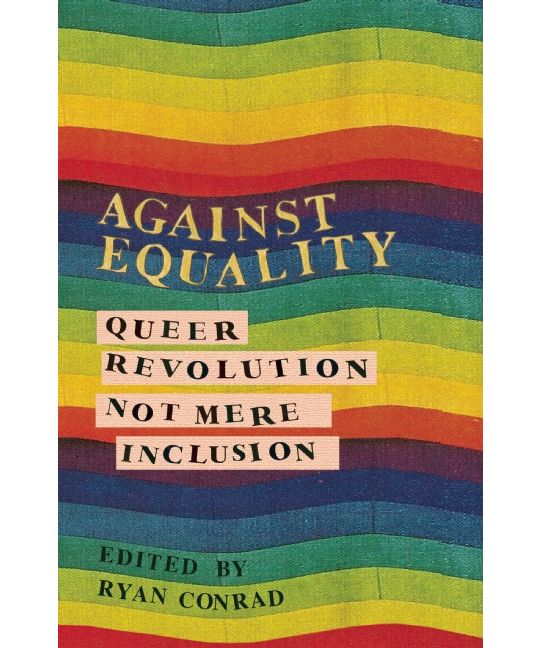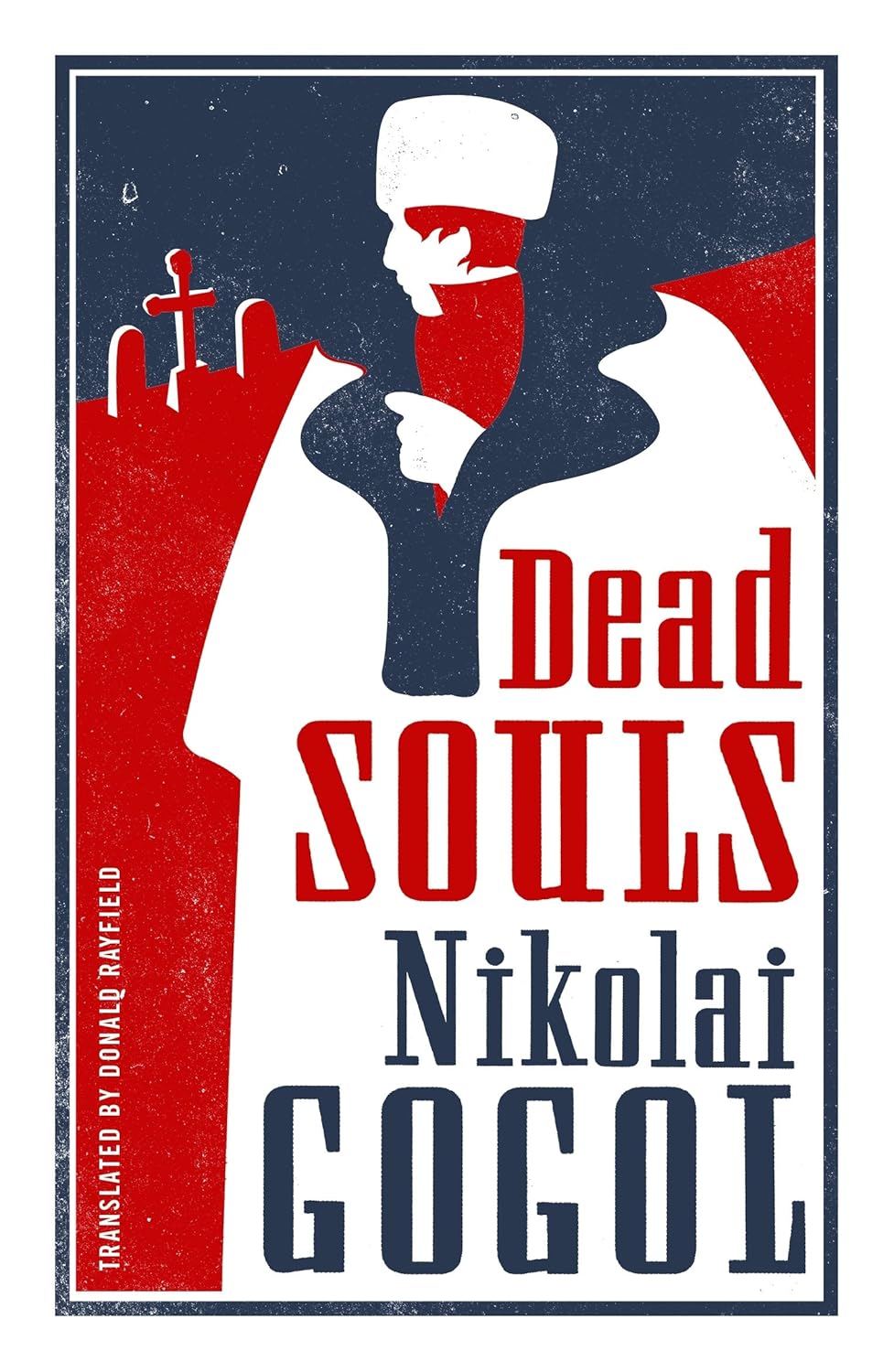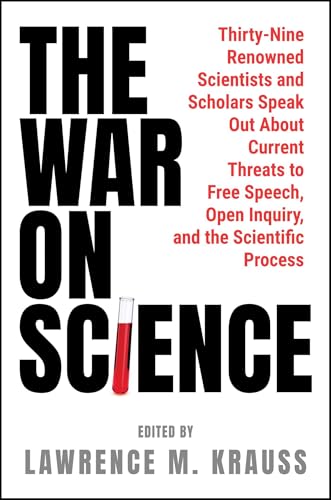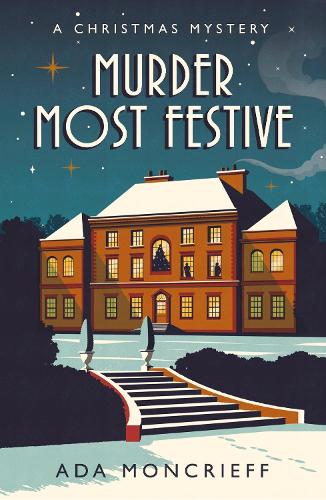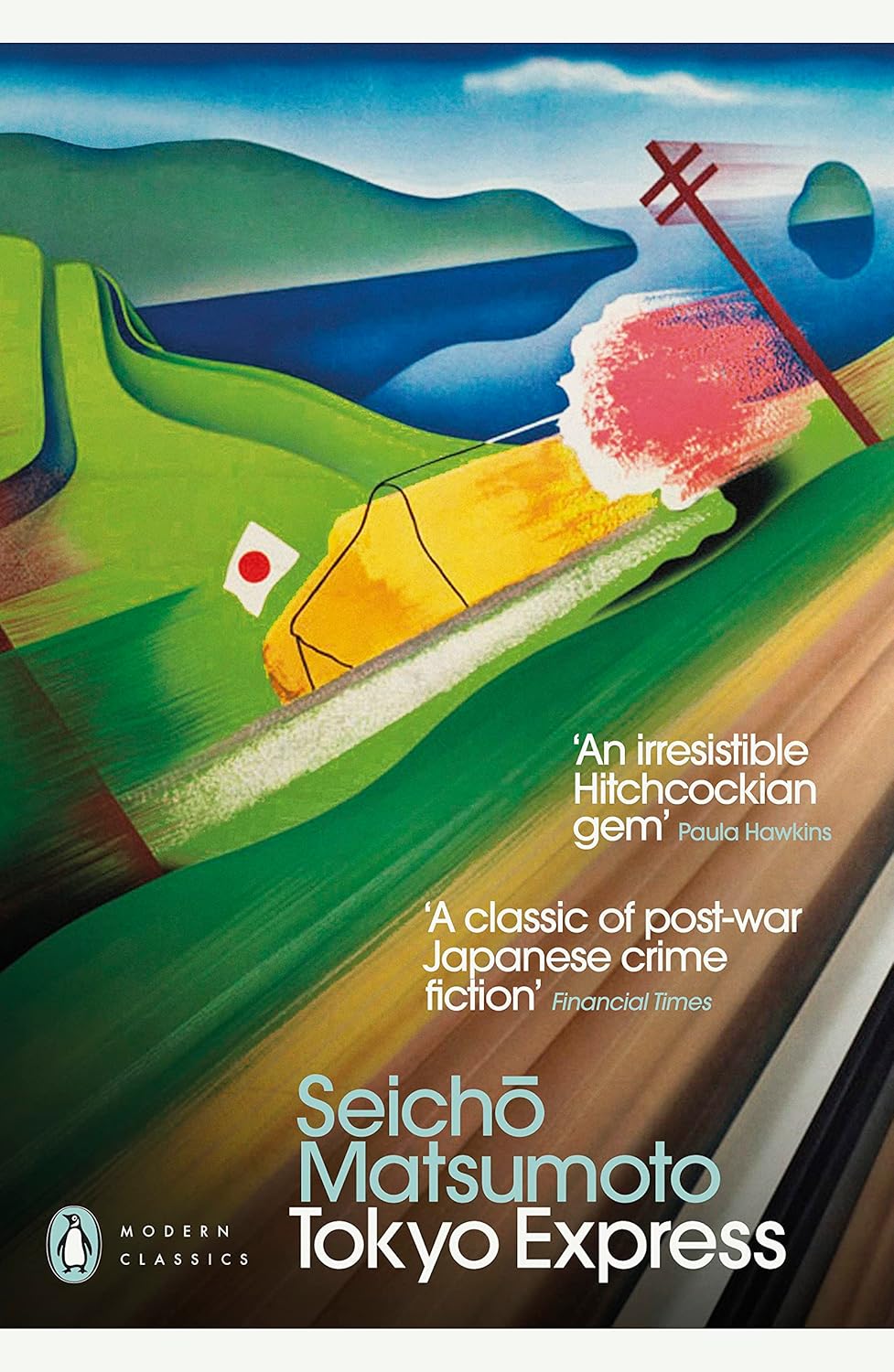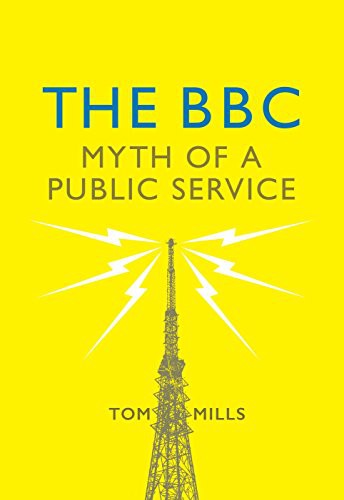Look, I'm sorry, but there are some major question marks that I have on the essays that someone consciously chose to include in this book. I have major questions because I know those essayists could've been replaced by people who were engaging with the whole equation of issues... but they weren't.
Most essays were anodyne and trite. Even when I agreed with the premise, the argument was made so awkwardly that I was baffled by it. Nothing was particularly revelatory, especially as someone who had experienced a good chunk of this stuff. The complete closure of the already few queer spaces in my teenage and young adult years in the rural US because of the redirection of resources towards a single issue has not left me with a positive feeling toward the political cause of gay/same-sex marriage; I empathise with this highly. The frustration of watching queer people demanding and spending so much time on getting Don't Ask Don't Tell repealed... and not acknowledging their own complicity in a colonialist-imperialist project ever (and sometimes getting a little too happy to feel secure in their being while slaughtering people). I get that. It's all resonant.
But like... I need someone to explain to me why Bill Andriette is included here, especially when there have been other people asking similar questions but without the weird commentary or odd focus on adults having sexual relationships with children and teenagers. It's also pretty interesting that, despite him having been a spokesperson for NAMBLA, the "about the contributors" entry completely erases his history as a "pro-pedohile activist." That context is necessary, and it also explains why some people might come away after reading that one essay feeling that—and this is despite any useful points he wrote—there is something very wrong with it.
A similar issue happens within James D'Entremont's essay, which includes the following sentence:
One was the North American Man-Boy Love Association (NAMBLA), originally focused on relationships between adult men and adolescents, now demonized out of all proportion to the varied predilections of its minuscule membership.
Which is... weird? Because the rest of the essay outlines how things can go so wrong in terms of policing queer people, particularly within the realm of the Satanic Panic. Beyond a few things from the 1990s, a handful of things from the 2000s, and one article from 2016 about the NEA's Decency Czar getting gay-married... I can't find anything else out about him, as I kind of wanted to know what his more updated views would've been. Would that sentence from a 2012 piece still ring true more than a decade later?
But it's because that essay follows (not immediately) Bill Andriette and the knowledge of Andriette's work and the framing of Andriette in that essay at all... That it makes me even more uncomfortable with it than I already was.
And for me, this is the second data point that creates questions about Ryan Conrad. There is no way he didn't know about any of this; everything about Bill Andriette is old hat and has been easy to find for decades, even decades prior to the publication of this books. Why would you include that? And why would you decontextualise who Bill Andriette is in the "about the contributors" section if you didn't think that someone would question something? Why consciously include something and then consciously erase the context?
I also say this is the second data point because I've read other work where Conrad has cited known CSA apologist Steven Angelides (this was done in his essay that was featured in Queering Anarchism), and that has been in the context of blaming feminists for the erasure of children's sexuality. This is strange to me because... other than people adjacent to NAMBLA or PIE or Prostasia (all groups that have disgustingly and knowingly conflated pederasty with queerness), the only people that I see writing about creating and supporting spaces that enable safe and healthy exploration of sexuality for children and teenagers... are predominantly feminists.
